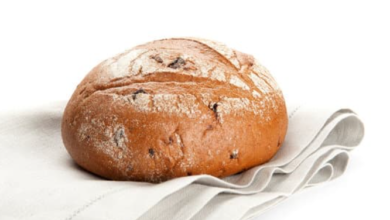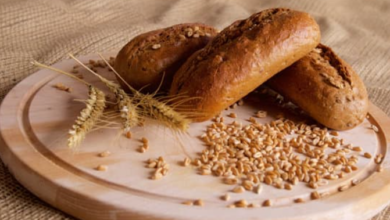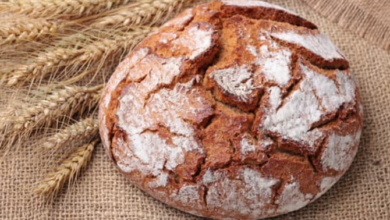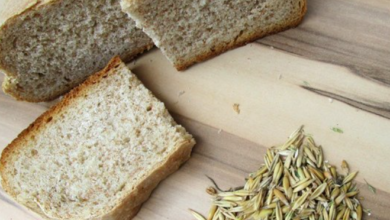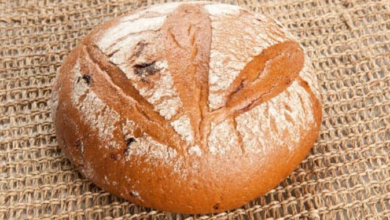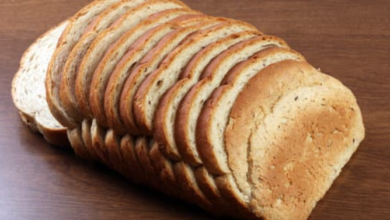SOLVED: Why Didn’t My Rye Bread Rise?
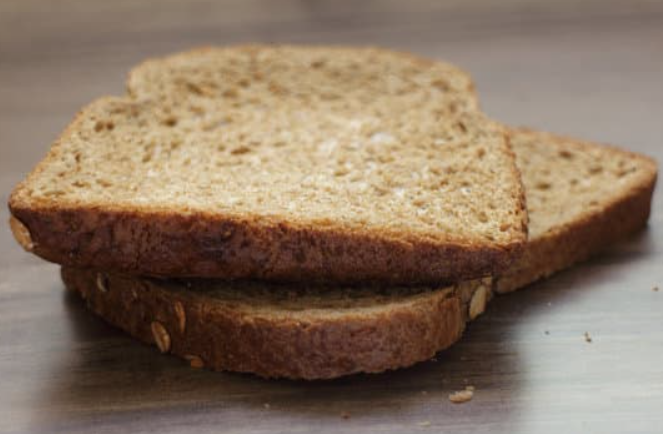
What To Know
- Rye flour has a higher proportion of pentosans, a type of soluble fiber, compared to wheat flour.
- Rye bread dough requires a longer fermentation time than wheat bread due to the presence of pentosans.
- Place a baking tray filled with water at the bottom of the oven during baking.
Baking bread can be a rewarding experience, but when your efforts don’t yield the desired results, it can be frustrating. One common issue that bakers encounter is rye bread that fails to rise properly. Understanding the reasons behind this can help you troubleshoot and achieve successful bakes in the future.
The Unique Challenges of Rye Bread
Rye flour has a higher proportion of pentosans, a type of soluble fiber, compared to wheat flour. These pentosans absorb water and create a sticky dough that can hinder the development of gluten. Gluten is a protein network that traps carbon dioxide gas produced by yeast, leading to the rise of bread.
Common Causes of Rye Bread Not Rising
1. Lack of Yeast Activity
- Insufficient yeast: Ensure you’re using the correct amount of fresh, active yeast.
- Too cold or hot water: Yeast needs lukewarm water (105-115°F) to activate.
- Too much salt: Salt can inhibit yeast growth.
2. Weak Gluten Development
- Insufficient kneading: Kneading helps develop gluten strands.
- Too much water: A dough that is too wet will not form a strong gluten network.
- Inadequate autolyse: Autolyse is a technique where the flour and water are combined and allowed to rest before adding yeast. This helps hydrate the pentosans and improve gluten formation.
3. Fermentation Issues
- Insufficient fermentation time: Rye bread dough requires a longer fermentation time than wheat bread due to the presence of pentosans.
- Inconsistent temperature: Fluctuating temperatures can disrupt fermentation.
4. Baking Errors
- Too high oven temperature: A high oven temperature can kill yeast and prevent the bread from rising.
- Insufficient steam: Steam helps create a moist environment that promotes rise.
5. Other Factors
- Old or expired flour: Old flour may have lost its rising power.
- Incorrect measuring: Precise measurements are crucial for successful bread baking.
- Altitude: Baking at high altitudes can affect the rise of bread.
Troubleshooting Tips
- Check yeast activity: Dissolve the yeast in warm water with a pinch of sugar. If it foams within 5-10 minutes, the yeast is active.
- Knead the dough thoroughly: Knead for at least 10 minutes to develop strong gluten.
- Allow for autolyse: Let the flour and water rest for 30-60 minutes before adding yeast.
- Ferment for an extended period: Rye bread dough should ferment for 12-18 hours at room temperature.
- Create steam in the oven: Place a baking tray filled with water at the bottom of the oven during baking.
The Bottom Line: Mastering the Art of Rye Bread Baking
Baking rye bread requires a delicate balance of ingredients and techniques. By understanding the unique challenges of rye flour and addressing common pitfalls, you can create beautiful, flavorful loaves that rise to the occasion.
Frequently Asked Questions
Q: How can I improve the rise of my rye bread?
A: Ensure yeast activity, develop strong gluten, allow for sufficient fermentation, and create steam in the oven.
Q: Why does my rye bread have a dense crumb?
A: This could be due to insufficient kneading, a dough that is too wet, or inadequate fermentation.
Q: How long should I ferment rye bread dough?
A: Rye bread dough typically requires 12-18 hours of fermentation at room temperature.
Q: Can I use sourdough starter instead of commercial yeast?
A: Yes, you can use a sourdough starter, but you need to adjust the recipe and fermentation time accordingly.
Q: What is the ideal oven temperature for baking rye bread?
A: Bake rye bread at a temperature between 450-475°F (230-245°C).
